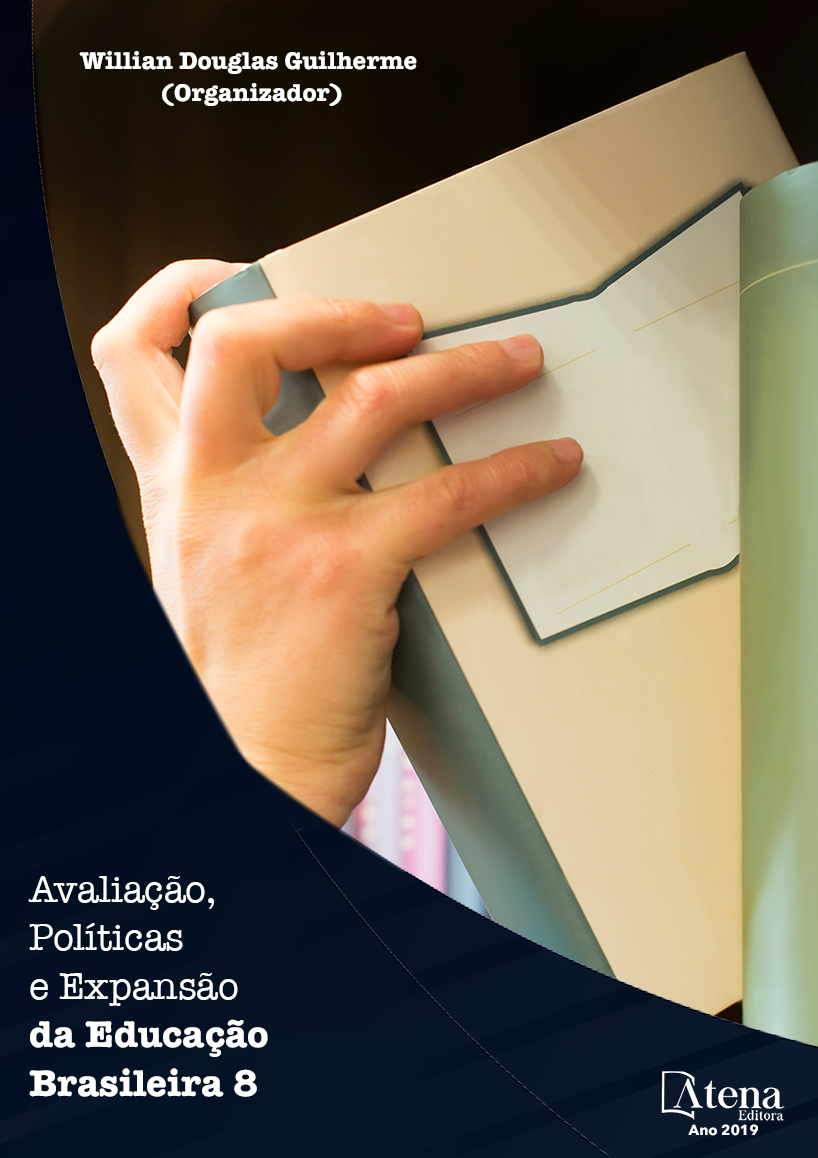
VIOLÊNCIA ESCOLAR: DESAFIOS EM CURSO NA EDUCAÇÃO DO SÉCULO XXI
As atitudes de violência no ambiente
escolar afetam a integridade física e psíquica
contribuindo para um mau aprendizado. Este
trabalho tem como objetivo geral identificar
e analisar as ocorrências de bullying a partir
das práticas discursivas dos estudantes que
o sofreram ou o sofrem. Tomamos como
embasamento teórico a arqueogenealogia
formulada por Michel Foucault para
compreender as categorias teóricas: discurso,
poder/saber/verdade e normatização. Adotouse
a abordagem qualitativa, tendo como corpus
para a análise os textos produzidos pelos
estudantes do ensino médio de uma escola
pública. Para analisar o material, utilizamos
a Análise do Discurso (AD) (Gregolin, 2004),
cuja proposta de análise foi delineada a partir
das teorizações de Foucault e tem como base
as seguintes categorias: Quem fala? De onde
fala? Que efeitos de sentido geram? Que
discursos aparecem (enunciados, contradições,
repetições, regularidades)? A partir de que
grande acontecimento os discursos emergem?
A partir dos discursos analisados, são
identificados sentimentos de aversão, rejeição
e, consequentemente, exclusão.
VIOLÊNCIA ESCOLAR: DESAFIOS EM CURSO NA EDUCAÇÃO DO SÉCULO XXI
-
DOI: 10.22533/at.ed.65819100722
-
Palavras-chave: violência escolar; bullying; discursos; exclusão; normatização
-
Keywords: scholar violence; bullying; discourses; exclusion; normatization
-
Abstract:
Attitudes of violence in the
school environment affect physical and mental
integrity, contributing to poor learning. This
work has as general aim to identify and to
analyze the occurrences of bullying, from the
students’ discursive practices who suffered or
suffer bullying at school. We take as theoretical
basis an archaeogenealogy formulated by
Michel Foucault to understand the theoretical
categories: discourse, power / knowledge /
truth and normatization. A qualitative approach
was adopted for analyzing the corpus, the texts
produced by high school students of a public
school. For analyzing the material, we used Discourse Analysis (AD) (Gregolin, 2004),
her analysis was proposed based on theories of Foucault who proposes the following
categories: Who speaks? Where are you talking from? What effects of meaning do
they generate? What discourses appear (statements, contradictions, repetitions,
regularities)? What great event do speeches emerge from? From the analyzed
discourses, feelings of aversion, rejection and, consequently, exclusion are identified
-
Número de páginas: 15
- Cleide Ester de Oliveira
- Veralúcia Guimarães de Souza
- Francisco Carlos de Oliveira
- VANESSA COSTA GONÇALVES SILVA


